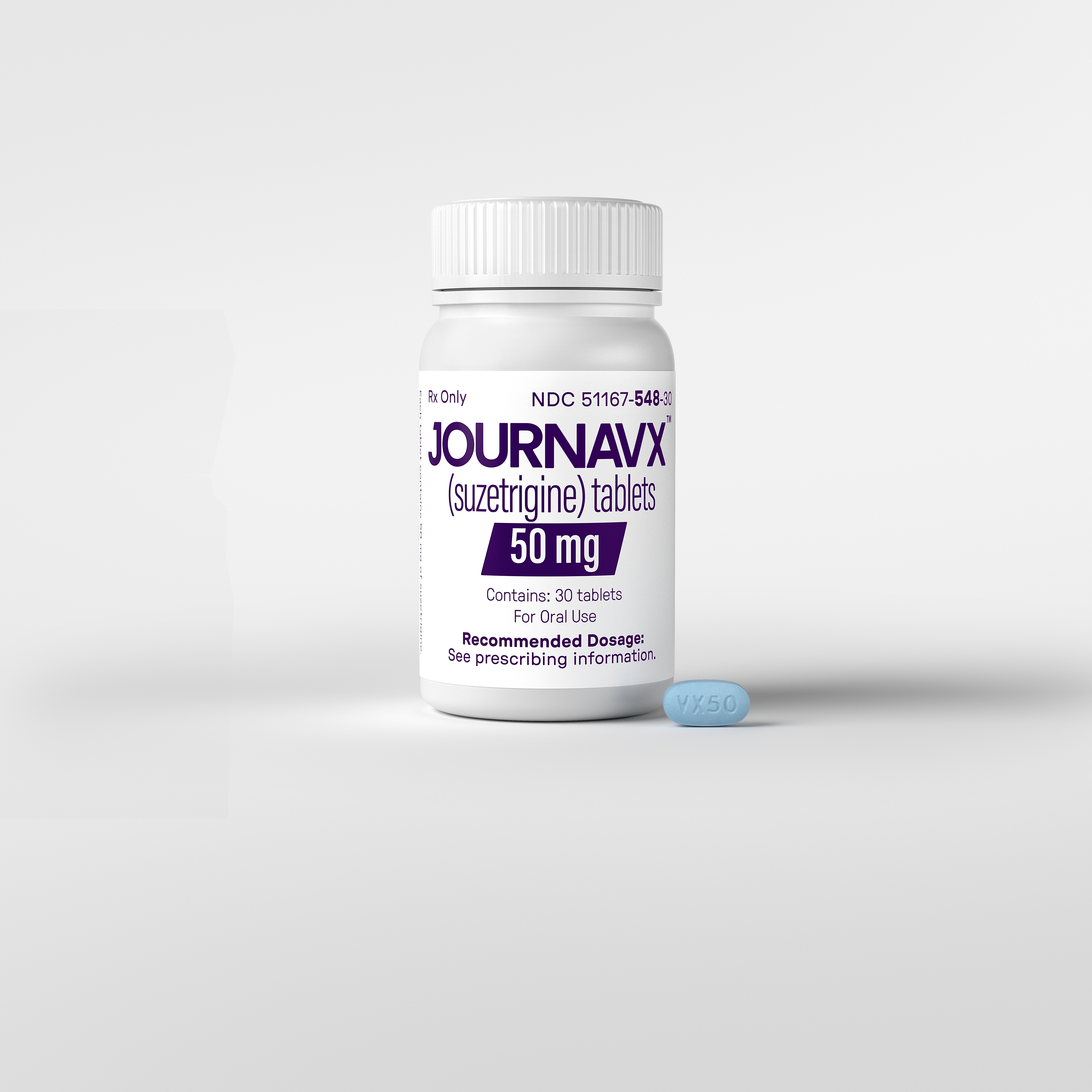Why a new opioid alternative is out of reach for some pain patients

Rural communities face healthcare challenges as Medicaid and Obamacare cuts threaten hospitals, while mobile lung cancer screening offers hope. Trump's DEI cuts also negatively impact rural white Americans.

All major sources, one page
Feel the mood behind headlines
Know what’s trending, globally
Get summaries. Save time
7,228
145
211
in 3 hours
Stay sharp in 60 seconds. Get concise summaries of today’s biggest stories — markets, tech, sports, and more
All major sources, one page
Feel the mood behind headlines
Know what’s trending, globally
Get summaries. Save time
7,228
145
211
in 3 hours
Stay sharp in 60 seconds. Get concise summaries of today’s biggest stories — markets, tech, sports, and more